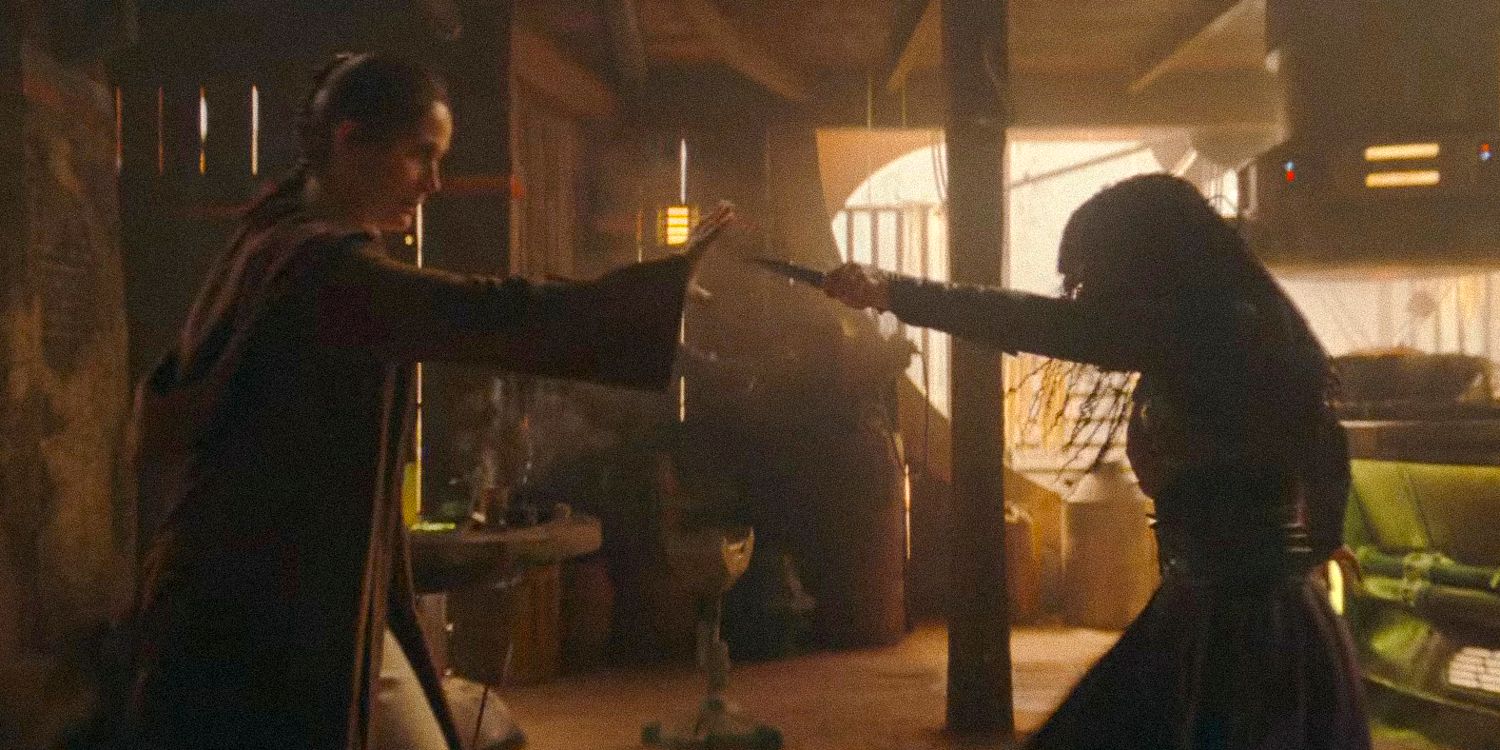Master Indara: A Historical Figure

Master Indara was a prominent figure in 13th-century Java. As a skilled military leader and statesman, he played a pivotal role in the establishment of the Singhasari kingdom, which laid the foundation for the subsequent Majapahit empire.
Birth and Early Life
Indara was born in 1228 in the village of Tumapel, East Java. His father, Ken Arok, was a powerful chieftain who had recently established the Tumapel kingdom. Indara’s mother, Ken Dedes, was a beautiful woman of noble lineage.
Indara’s early life was marked by political turmoil. His father was assassinated when he was only six years old, and his mother was forced to remarry Ken Arok’s successor, Anusapati. Indara and his half-brother, Ranggawuni, were exiled from the kingdom.
Military Career
In 1248, Indara and Ranggawuni returned to Tumapel and overthrew Anusapati. Indara became the new ruler of the kingdom and adopted the name Kertanegara. He embarked on a series of military campaigns to expand his territory, conquering neighboring kingdoms and establishing a vast empire.
Kertanegara was a skilled military strategist and tactician. He introduced new weapons and tactics to the Javanese army, including the use of gunpowder and cavalry. He also established a strong navy, which allowed him to control the seas around Java.
Statesmanship
In addition to his military prowess, Kertanegara was also a wise and capable statesman. He introduced a series of reforms to improve the administration of his kingdom, including a new legal code and a system of taxation.
Kertanegara was also a patron of the arts and culture. He established a royal court where poets, musicians, and dancers flourished. He also commissioned the construction of several magnificent temples and palaces.
Death and Legacy
In 1292, Kertanegara was killed during an invasion by the Mongols. His death marked the end of the Singhasari kingdom, but his legacy lived on. He is remembered as one of the greatest rulers in Javanese history, and his kingdom laid the foundation for the subsequent Majapahit empire.
Master Indara’s Teachings
Master Indara’s teachings centered on the interconnectedness of all living beings and the pursuit of spiritual enlightenment. She emphasized the importance of compassion, non-violence, and service to others, believing that these virtues were essential for personal and societal transformation.
Key Principles
* Oneness: Master Indara taught that all beings are part of a single, unified consciousness. She believed that recognizing this interconnectedness fosters empathy and compassion for all living creatures.
* Non-duality: Master Indara rejected the concept of duality, such as the separation between self and other, or good and evil. She emphasized that all experiences are part of a larger, unified reality.
* Karma and Reincarnation: Master Indara believed in the law of karma, stating that every action has consequences, both positive and negative. She also taught that reincarnation provides opportunities for spiritual growth and the resolution of past actions.
Master Indara’s Legacy

Master Indara’s teachings have had a profound and lasting impact on spiritual traditions both in his lifetime and beyond. His emphasis on the importance of self-realization, compassion, and ethical conduct has resonated with seekers from all walks of life.
Evolution of Master Indara’s Teachings
Over time, Master Indara’s teachings have evolved and been adapted by his followers to meet the changing needs of society. While the core principles of his message have remained the same, the specific practices and rituals associated with his teachings have varied depending on the time and place.
In the early centuries after his death, Master Indara’s teachings were primarily transmitted through oral tradition. However, as his teachings spread to new regions, they began to be written down in various languages. This process of codification led to the development of different schools of thought within the Indaran tradition, each with its own unique interpretation of Master Indara’s message.
Contemporary Relevance of Master Indara’s Teachings
Master Indara’s teachings remain highly relevant in modern society. His emphasis on the importance of compassion and ethical conduct is particularly resonant in a world that is often characterized by violence and conflict. His teachings also offer a path to inner peace and self-realization, which can be a source of great comfort and support in a rapidly changing world.
Legacy and Inspiration, Master indara
Master Indara’s legacy continues to inspire and guide individuals and communities today. His teachings have been translated into dozens of languages and are studied by people from all over the world. There are numerous organizations and institutions dedicated to promoting his message and helping others to realize their full potential.
Master Indara’s teachings are a timeless source of wisdom and guidance. They offer a path to inner peace, self-realization, and compassion. His legacy will continue to inspire and guide individuals and communities for generations to come.